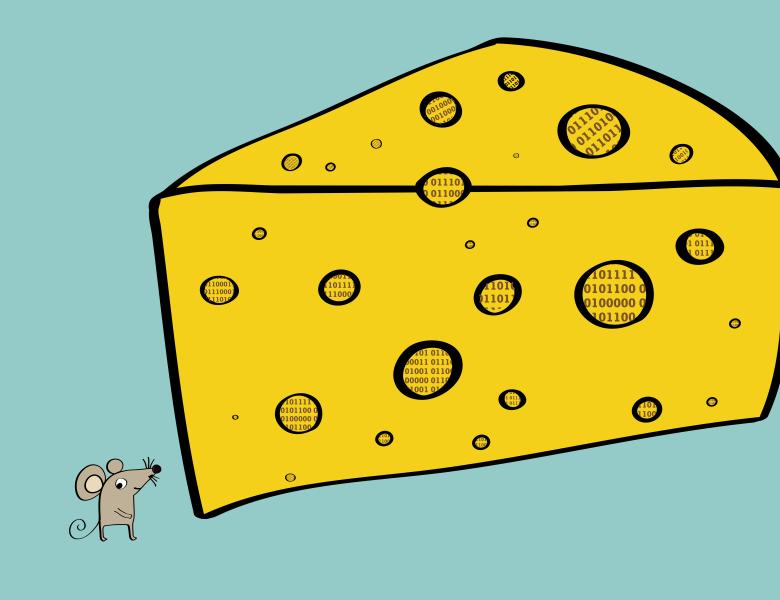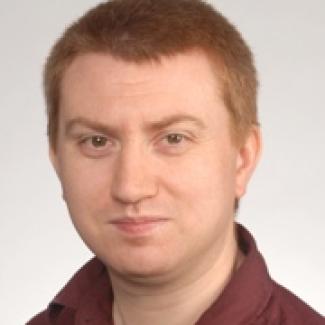
Please note this workshop will skip Wednesday, June 19 (UC holiday). The workshop will take place Monday, June 17 - Tuesday, June 18, and resume Thursday, June 20 - Friday, June 21.
This workshop focuses on the influence and impact sublinear algorithms have in other areas, ranging from theoretical implications in algorithm design, machine learning, and statistics to applications in practical settings. The past decade has seen the emergence and adoption of new paradigms, including computation on distributed data, privacy requirements, interactive and probabilistic proofs settings, machine learning augmented algorithms, and streaming with advice. In the light of new motivations, it is important to understand what role sublinear algorithms have to play in both applications and in algorithm design at large. The workshop will bring together researchers and practitioners from a variety of areas to discuss existing applications as well as current and emerging needs, allowing cross-pollination of ideas between those working on the theoretical aspects with those that potentially use sublinear algorithms in their work. A goal of the workshop is to inspire new questions and suggest new models which take into account practically-motivated computational/memory/type-of-access constraints. The workshop includes a panel discussion of which aspects of models would permit them to have real-world impact.
If you require special accommodation, please contact our access coordinator at simonsevents@berkeley.edu with as much advance notice as possible.
Maryam Aliakbarpour (Rice University), Sepehr Assadi (University of Waterloo and Rutgers University), Omri Ben-Eliezer (Simons Institute), Vladmir Braverman (Rice University), Marco Bressan (University of Milan), Clément Canonne (University of Sydney), Deeparnab Chakrabarty (Dartmouth College), Graham Cormode (University of Warwick), Ilias Diakonikolas (University of Wisconsin-Madison), Badih Ghazi (Google Research), Abhradeep Guha Thakurta (Google DeepMind), Meghal Gupta (UC Berkeley), Piotr Indyk (Massachusetts Institute of Technology), Rajesh Jayaram (Google Research NYC), Tamara Kolda (MathSci.ai), Akash Kumar (IIT Bombay), Sepideh Mahabadi (Microsoft Research), Vahab Mirrokni (Google Research, NYC), Jelani Nelson (Simons Institute), Sofya Raskhodnikova (Boston University), C. Seshadhri (UC Santa Cruz), Anshumali Shrivastava (Rice University), Ali Vakilian (Toyota Technological Institute at Chicago), David Woodruff (Carnegie Mellon University), Peilin Zhong (Google)







